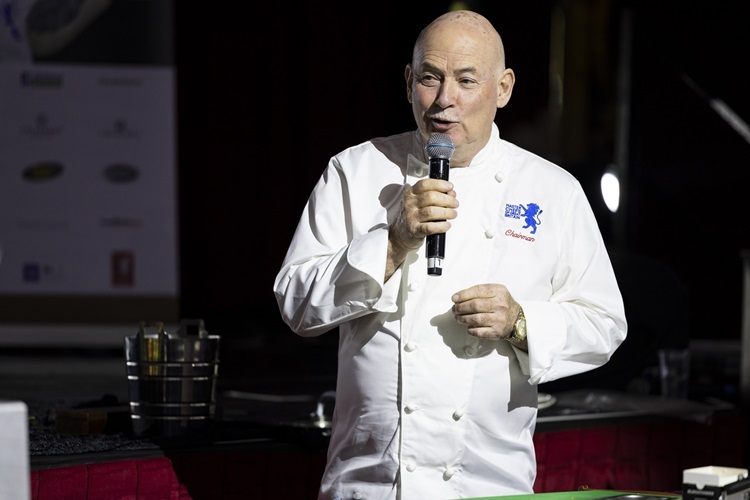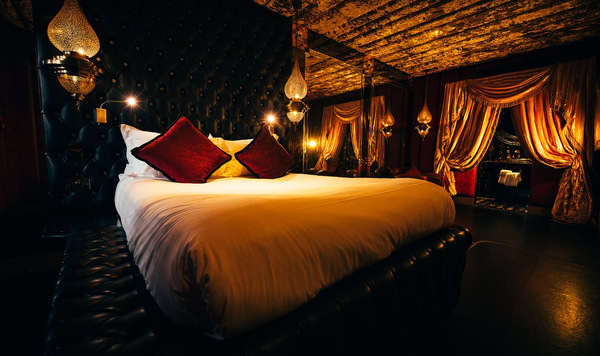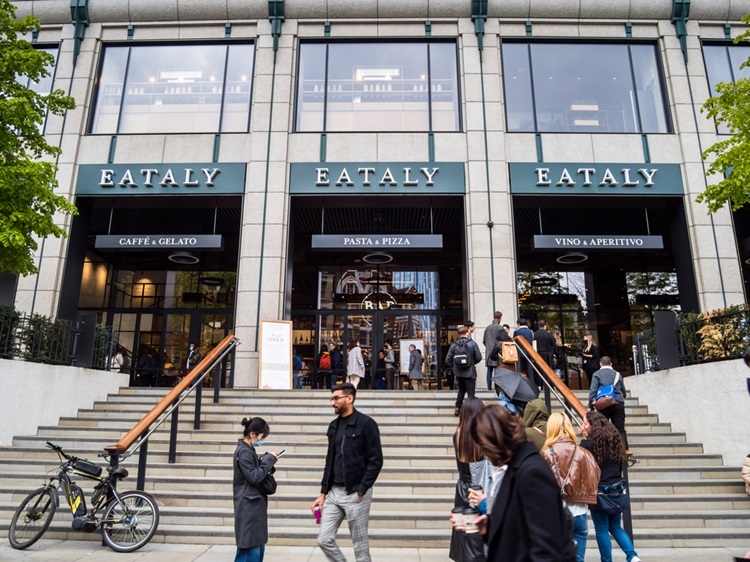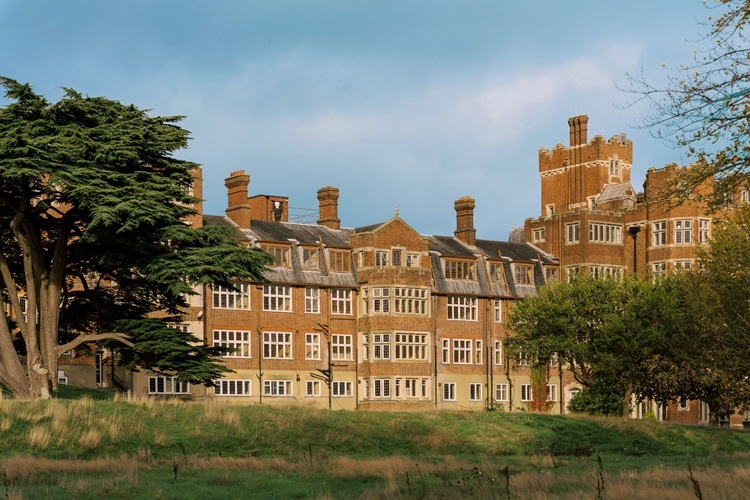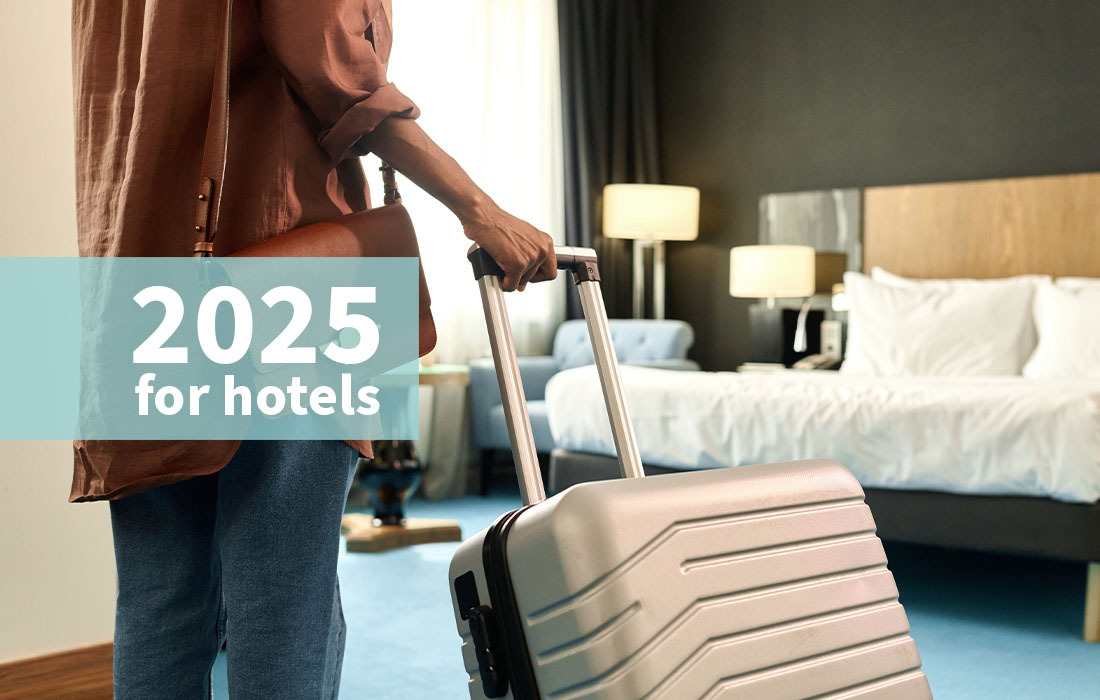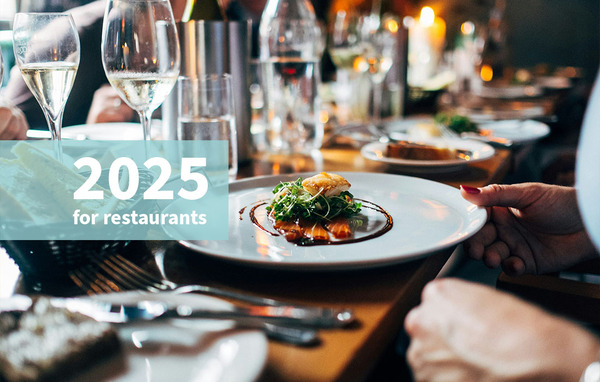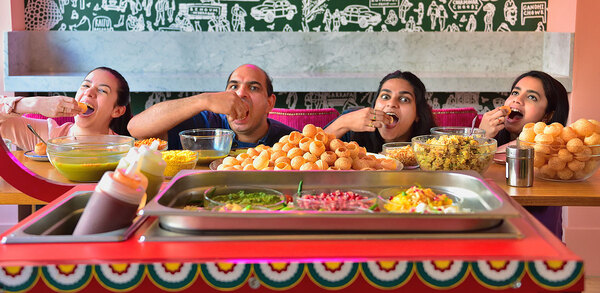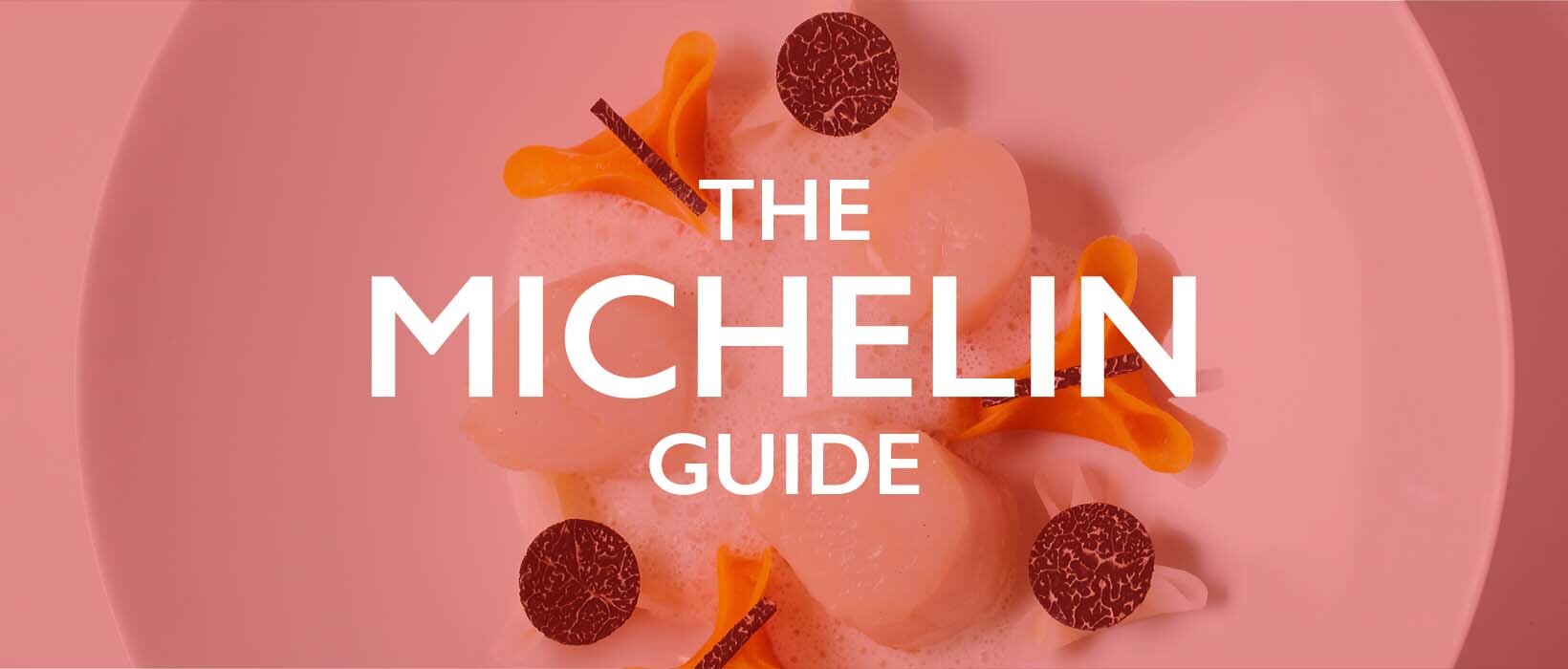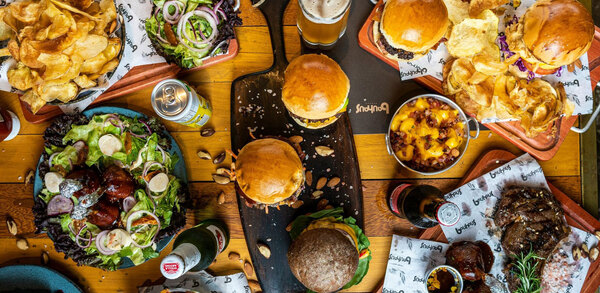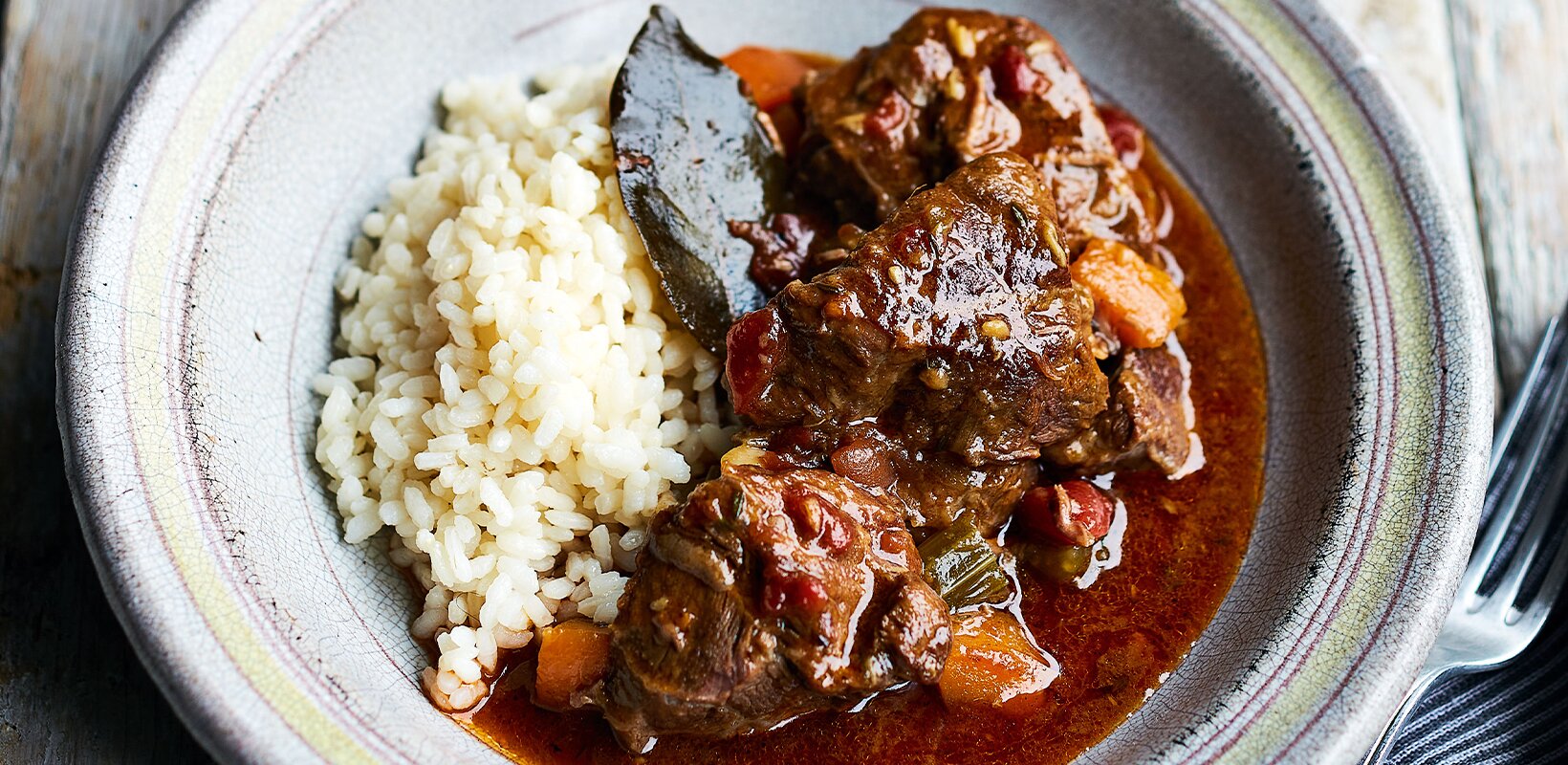For and against: Hospitality experts debate dynamic pricing
Following the controversy around pub operator O’Neill’s using dynamic pricing to offset increased costs in some venues, two industry experts give opposing views on the policy
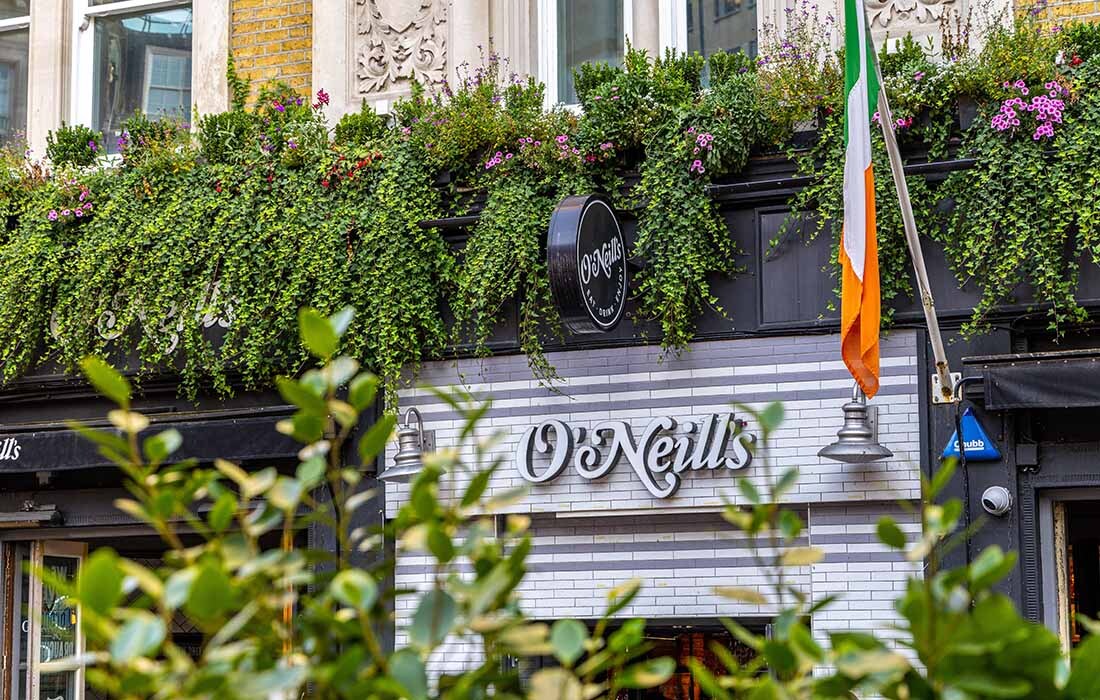
You need to be a premium member to view this. Join our community for just £4.99 per month, or £54.99 for a full year.
Already a subscriber to The Caterer? Login below:




